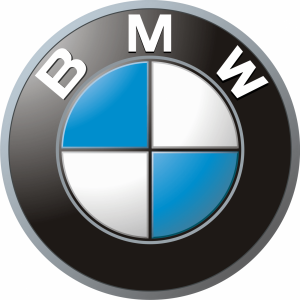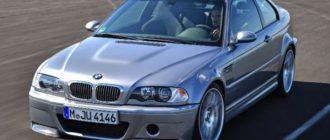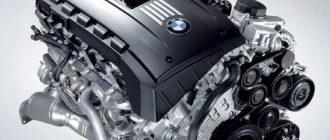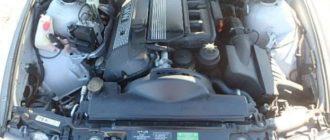When choosing a BMW, the question arises: which model has the better engine? The cost of replacing a BMW engine is not cheap, so it is important for the buyer to choose a car with a high-quality engine to avoid expensive repairs or replacements.
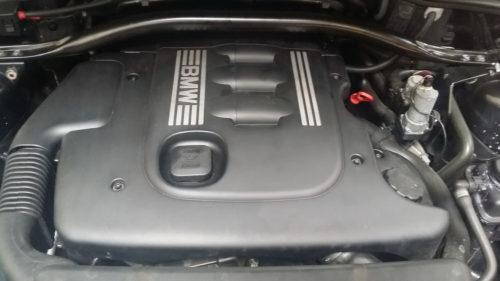
BMW has a large number of engines developed and introduced into production. Already created engines have undergone modifications and improvements. Choosing a car from the secondary market involves evaluating not only the quality of the car's engine but also its characteristics, overall condition, and cost.
The secondary market has a well-known issue – artificially lowering mileage. To avoid mistakes in choosing, a detailed diagnosis of the car before purchase is necessary, as well as inquiring about service visits. Not all engines have the same lifespan, but how long it lasts directly depends on the quality of maintenance by the previous owner.
Criteria for good engine maintenance include quality oil with regular top-ups or changes, as well as the load on the engine. Since buying a BMW with a reliable engine is important, attention should be paid not only to engine statistics.
It is important to check the quality of a specific engine in a specific car. Before purchasing a car, you can invite an experienced mechanic to inspect the engine. This should be done when buying any car from the secondary market, not just BMWs. There are many individual cases, but a certain ranking of the best BMW engines has been identified through operating experience.
Top BMW M-Series Gasoline Engines
The M Series of BMW has shown itself positively. Very reliable in operation are the six-cylinder engines with a displacement ranging from 2.5 to 3.0 liters. These engines are not rare and have gained popularity due to being installed in several generations of BMWs in the 3, 5, 7 series, and X5. Apart from owner opinions, these engines have also received several world-class awards for quality.
The starting versions of the engine series were M10, 20, 30. It was from these engines that the classic M series production began. The production of these quality and simple engines has now been discontinued, and the cars on which such engines were installed have become part of automotive history.
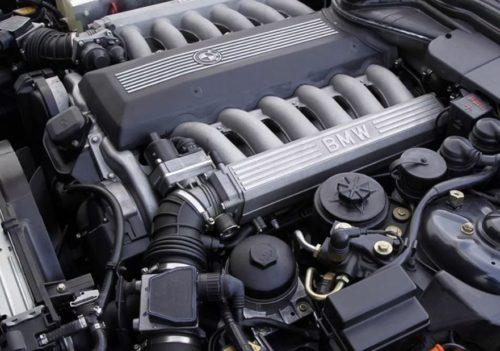
On more modern cars, one of the most popular and best engines is the M50, which can now only be purchased on the secondary market. There are two versions of the engine, 2.0 and 2.5 liters, which were installed on the 320 and 325 bodies of the E36 series; the 520 and 525 bodies of the E34 series. Over the years of operation, the main drawback identified has been the high probability of engine overheating under high loads.
Since the early 90s, the M52 engine has been produced, with a displacement of 2.0, 2.4, 2.5, 2.8 liters. Despite having weak points, this engine has become a legend. It is installed on the 3 series (E36 and E46), the 5 series (E39), the 7 series (E38), as well as on the Z3 series in coupe and roadster body variants.
The high-quality M54 version with a displacement of 2.2, 2.5, 3.0 liters deserves special attention. It is difficult to find an engine with a 3.0-liter displacement on the secondary market, as cars with such engines are rarely sold off easily, and if the engine is in good or excellent condition, the price of the car will be far from average. These engines were installed from 2000 to 2006 on the E46 3 series, E39, E60, E61 5 series, E38, E65, E66 7 series; X3 (83) series, X5 (53) and Z3, Z4.
The outstanding advantages of the M54 include its low fuel consumption (relative to other engine markings), a sturdy and uncomplicated design. Repair costs are not high, and there is a wide selection of quality parts. Engine drawbacks are evident with poor and inadequate maintenance, with oil consumption being a particularly pronounced issue.
The M42, an older engine that was installed on the 3 series in the E30 and E36 bodies, has 4 cylinders and a displacement of 1.8 liters. This engine has a power of 140 hp and high performance. Fuel consumption is moderate, and one of the main advantages is its good tolerance for high speeds.
More: Anti-Top BMW Engines
Top BMW M-Series Diesel Engines
The three-liter M57 engine can rightfully be considered the leader in the rating of BMW M engines. Powerful and not financially burdensome to maintain, parts subject to wear are easily found on the spare parts market.
This engine was produced from 1998 and was installed on models such as the E46, E90, E91, E92, E93 3 series; E39, E60, E61 5 series; E63, E64 6 series; E38, E65, E66 7 series; X3 E83 body, BMW X5 E53-E70; BMW X6 E71 body.
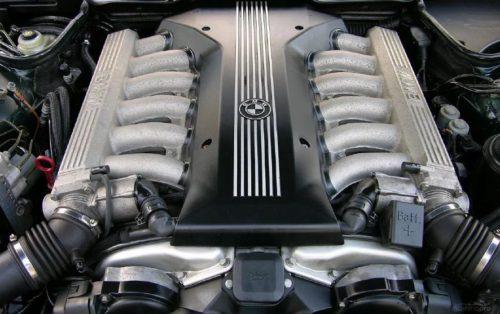
Being a diesel engine, the M57, like all turbo diesels, has issues with the turbocharger and injectors. Problems with flaps in the intake manifold are not uncommon. Such problems are not exclusive to BMW only.
The M47 is not as high-quality, but it is far from problematic. Its main challenging areas are in crankcase ventilation. The quality of diesel fuel significantly affects the engine's longevity. However, overall, this engine has earned the right to be one of the best.
Top BMW N-Series Gasoline Engines
The three-liter, six-cylinder N55 engine is of sufficient quality and is susceptible to chip tuning, which should only be done by professionals. This engine was installed in models like the 740 and 640. Significant attention should be paid to the radiator, and its cleanliness should be checked. It is important to remove and flush it at least once a year.
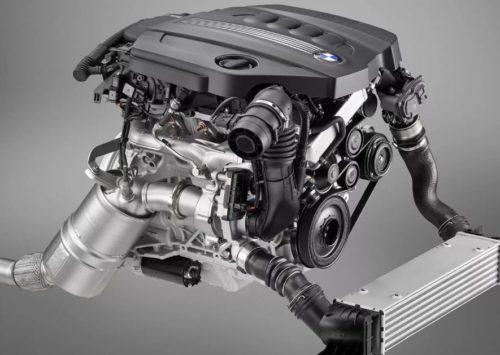
The 4.8-liter N62 V8 engine also deserves attention. Despite its size, the engine is remarkably economical. The main issue with this engine has been the oil separator caps, which manifest as black-blue smoke during engine warm-up.
Top N-Series Diesel Engines
The N57 engine does not excel in high reliability, but its name boasts high performance, the use of modern technologies, and a design that should be noted.
The N57 was only produced in a 3.0-liter displacement. The most powerful and fastest among diesels, this engine owes its status to turbochargers. In this engine, BMW has reflected its main trump card and the primary concept of high speeds.
The N47 engine is characterized by the main timing chain issue, which breaks or stretches in almost all models. BMW recalled some cars from buyers to address this problem. The likelihood of finding a car with such an issue on the market is not very high.
Top BMW S-Series Gasoline Engines
The naturally aspirated four-liter V8 engine – the S65. Installed in the M3 in the E9x body variant. This engine is 15 kg lighter than the S54 version due to the use of aluminum, silicon, and magnesium in production. The engine does not show any particular drawbacks, but the need for timely and high-quality maintenance remains.
Another engine from the S series is the S85. Based on the S85, the aforementioned S65 was created. It is a V10 engine installed in the M5 E60, E61 series; M6 E63, E64 series models. Both the cars and the engine are very expensive to maintain, and it is not profitable to operate them constantly.
General Conclusions
The secondary car market implies certain issues with the purchased car. Furthermore, new cars also do not exclude any difficulties during operation. In the latter case, the manufacturer can recall a problematic car and replace it, but in the former, the new owner will have to solve the problem independently.
Before purchasing a car, it is important to conduct diagnostics, check service documents, and invite an experienced mechanic to inspect the car.
The main criterion for engine reliability is the quality of its maintenance and the quality of oil used in the engine. BMW engines are particularly demanding in this regard. If there are any doubts about the engine, it is necessary to refrain from purchasing, no matter how much you like the car. Repairing BMW engines is not cheap, and it is extremely difficult to find a good engine in the used parts market.
